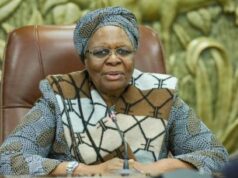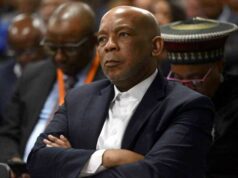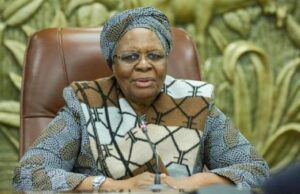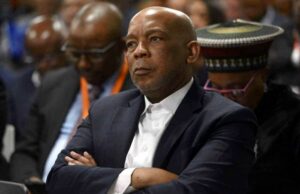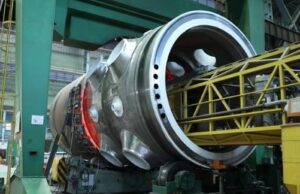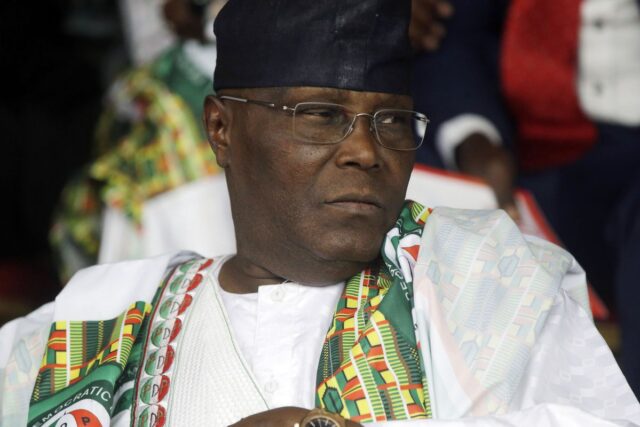

Abirami
Staff correspondent
Following the federal government’s decision to carry out significant reforms including the elimination of subsidies and the unification of the country’s foreign exchange, the World Bank has analysed positive growth forecasts for Nigeria’s economy in 2023 and beyond. The June 2023 Development Update of the Bank estimates that the country’s GDP is now anticipated to reach 3.3 percent in 2023, 3.7 percent in 2024, and 4.1 percent in 2025, up from the 2.8 percent forecast for Nigeria in April 2023.
The Bank predicts that manufacturing and construction will be the main drivers of development, along with a lagging recovery in the oil industry and sectors related to telecommunications, commerce, transport, and financial services. The elimination of the petrol subsidy and the FX reforms are projected to be sustained and would favourably affect the fiscal and external sectors.
The World Bank provided additional forecasts, stating that Nigeria is anticipated to save about N3.9 trillion, or 1.6 percent of GDP in 2023 and N21 trillion between 2023 and 2025.
The measures would strengthen Nigeria’s fiscal situation and provide the groundwork for a more resilient and swifter-growing economy, according to the Bretton Woods Institution, but the impact will depend on how the government chooses to use the savings. The bank noted that there would be some short-term shocks after the changes, including a surge in inflation and an increase in debt, both of which could be controlled. While headline inflation is predicted to increase from 18.8 percent in 2022 to 24.5 percent in 2023, by Q1 2024, inflation will have decreased as a result of the removal of the subsidy, which will have reduced inflationary pressures because it will have widened the fiscal space.
The report claims that Nigeria still needs further policies and reforms since correcting certain imbalances while ignoring others might be burdensome for the country’s economic performance and could not have the desired results. To maximise their combined effects on growth, job creation, and poverty reduction, comprehensive reforms must be put into place that include a variety of complementary policies. The next policy objective to sustain economic stability must be to lower inflation and preserve price stability.
In order to safeguard the poor and most vulnerable from the immediate effects of the developments, the bank also recommended that the government increase the social protection programme, such as compensating cash transfers immediately related to the loss of subsidies. International experience demonstrates that such a social security program may increase trust in governmental institutions and help Nigerians create a new social contract to end the existing cycle of low trust, inadequate public services, and poor revenues.
Can these steps help Nigeria to come out of its morass? A lot more is needed. Foremost is building capacities in the fossil fuel sector, not alone for mining more but also for refining. It is a paradox that Africa, despite being the largest producer of oil and gas in the continent, imports 90% of the refined oil from other countries, including from countries that it exports in large quantities of crude because of lack of refining capacity. Aliko’s refinery is coming up and reports indicate that it will start functioning soon. That alone will not suffice the purpose. A few more such refineries should come up, which will shore up the foreign exchange earnings of the country. It is a different matter whether corporations like TotalEnergies, Chevron, ExxonMobil, Elf, Shell, ConocoPhillips, Eni and China’s CNOOC etc. would allow the country to have a free ride since they have major interest in the sector.
The other area the west African country should focus is agriculture. Oil wealth has put agriculture in the backburner, which was the predominant occupation before oil was mined out on a large scale. Nigeria is trying to refocus on agriculture to cut down its heavy imports. Yet, an organized drive has yet to be seen.
Last but not least, the new administration should focus on law and order, which has to be considerably toned up in some parts of the country. Foreign investment, the country is pitching for, can come only when the risk factor emanating from law and order is not there.



